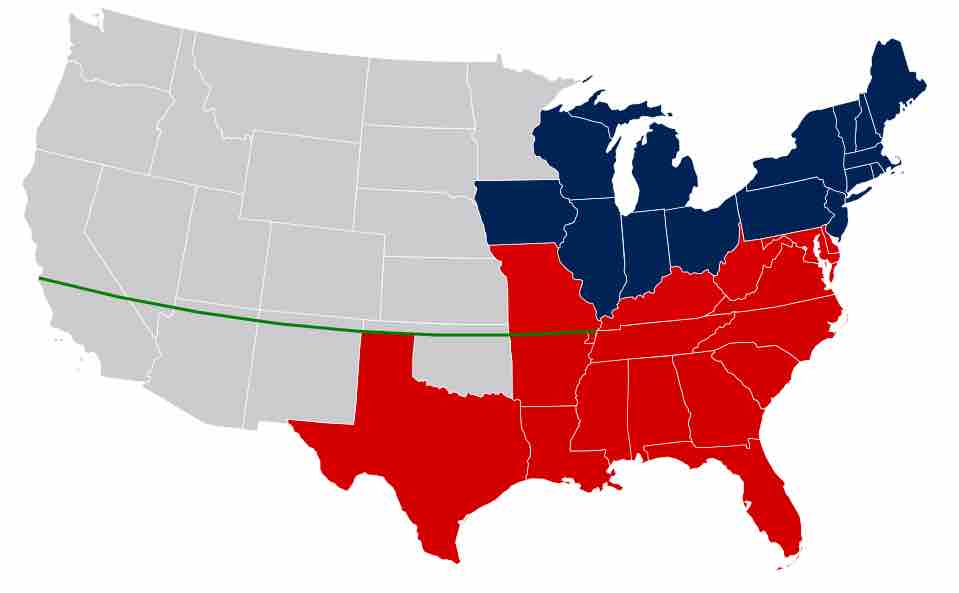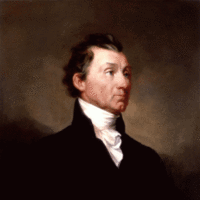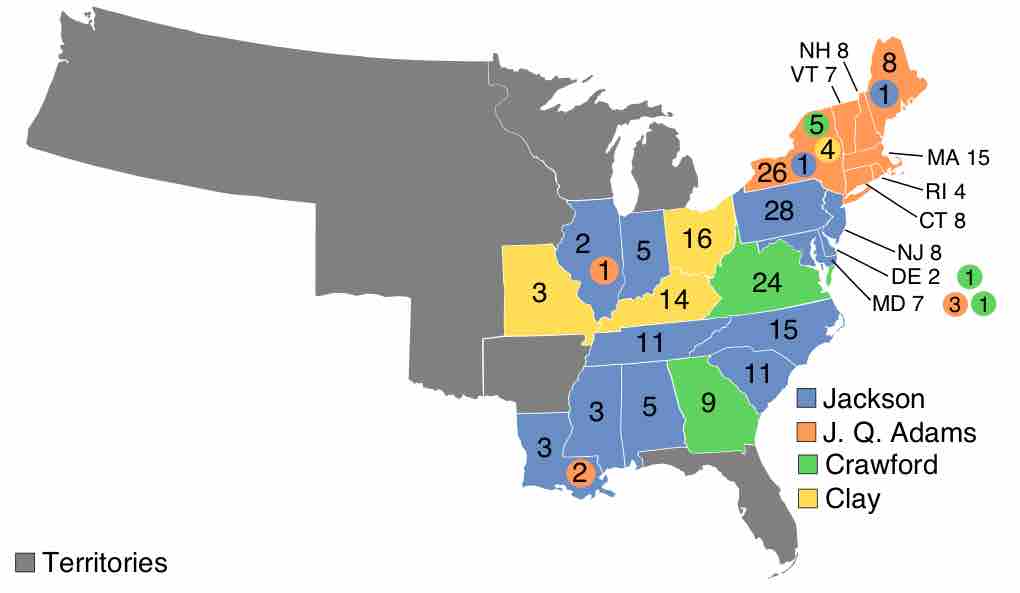Section 2
The Monroe and Adams Administrations
By Boundless

The U.S. presidential election of 1816 resulted in an easy win for James Monroe and ushered in the "Era of Good Feelings."

The "Era of Good Feelings" marked a period that reflected a sense of national purpose and a desire for unity at the end of the War of 1812.
The Panic of 1819 was the first major financial crisis in the U.S. and occurred during the political calm of the Era of Good Feelings.

The Missouri Compromise of 1820 concerned the regulation of slavery in the western territories.

The Monroe Doctrine opposed efforts by European nations to colonize land or interfere with states in North or South America.

John Quincy Adams was elected president by the House of Representatives in 1824, despite not winning the popular vote.

John Quincy Adams, sixth president of the United States, served from March 4, 1825, to March 4, 1829.